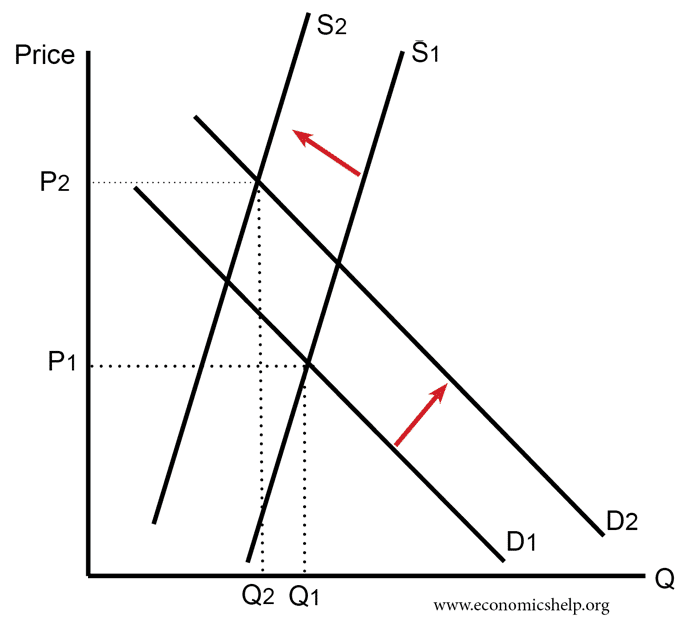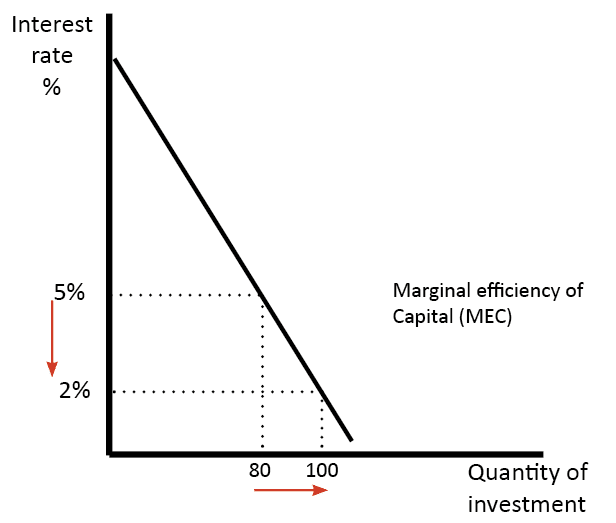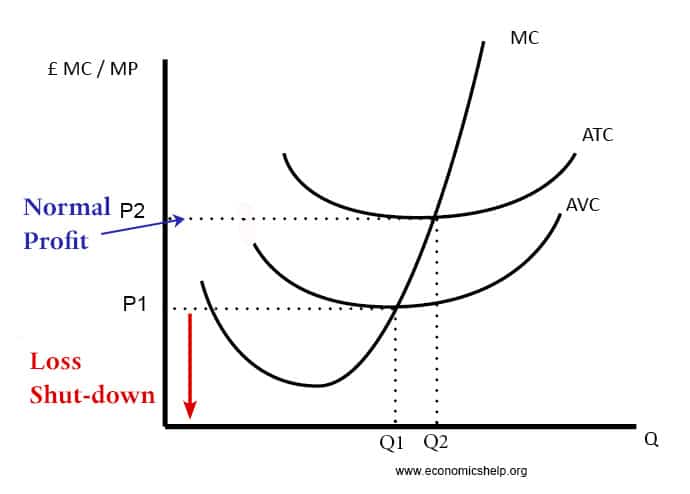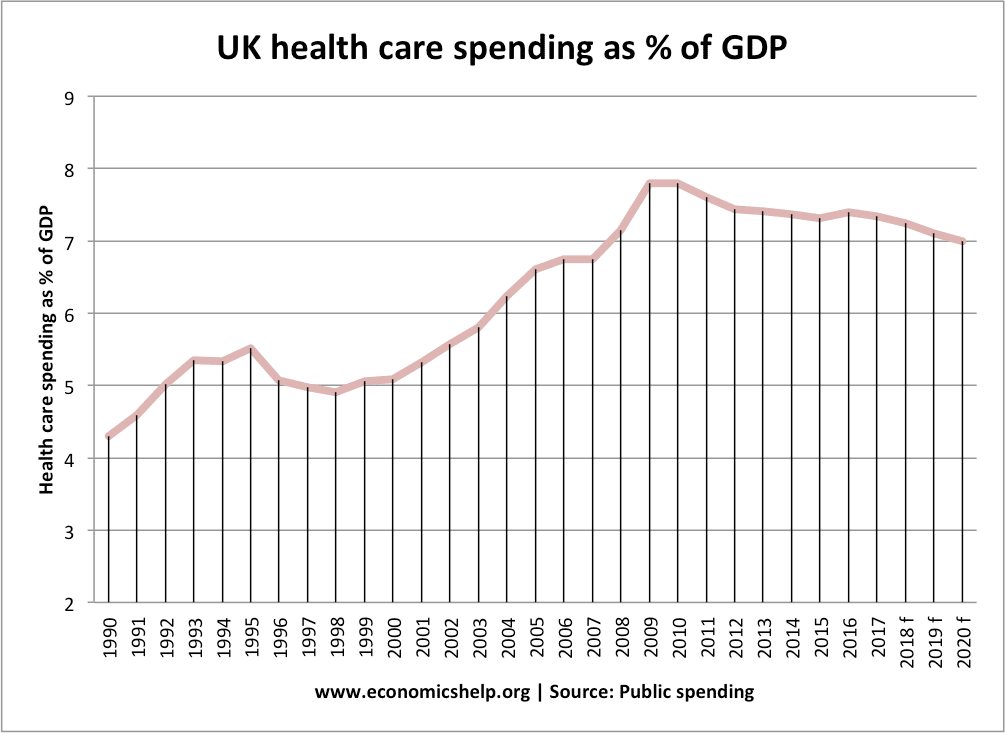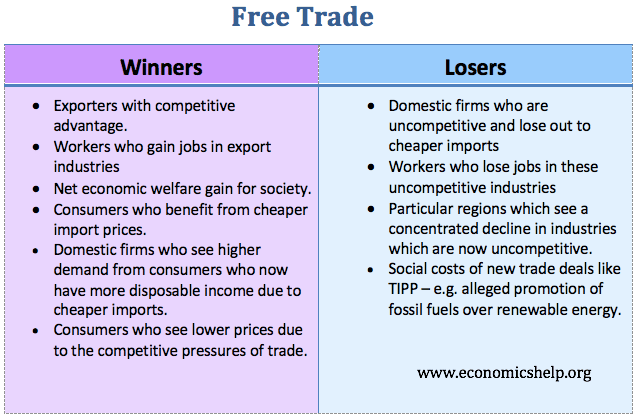Causes of resource scarcity
Resource scarcity is defined as a situation where demand for a natural resource is exceeding the supply – leading to a decline in available resources. When we talk about scarce resources, we usually imply that current use is unsustainable in the long-term. Scarcity can involve non-renewable resources, such as oil, precious metals and helium. It …

